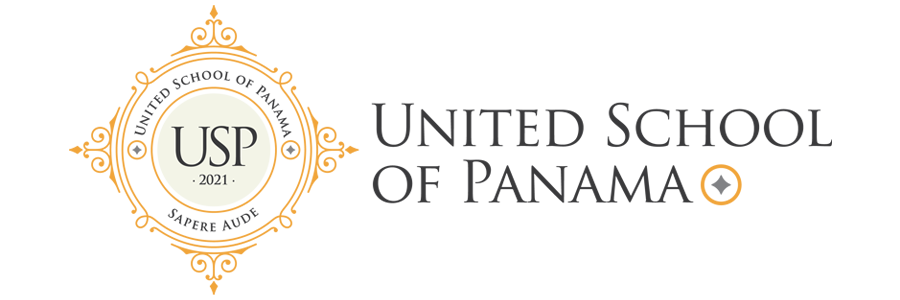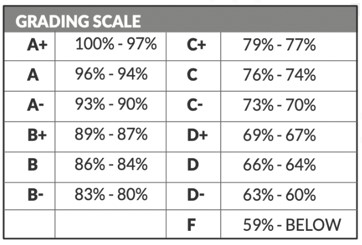All of our programs are accredited and validated by the Ministry of Education (MEDUCA) of the Republic of Panama.
USP is strongly committed to teaching our students about Panama and how throughout its 500-year history it has grown and to be recognized as both the “Bridge of the Americas” and the “Hub of the Americas”. We will teach geography, history, patriotic symbols, the National Anthem, and the Indigenous communities.

